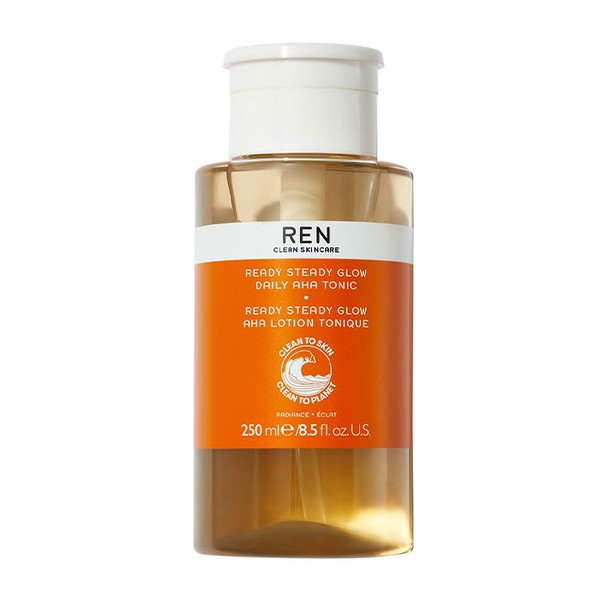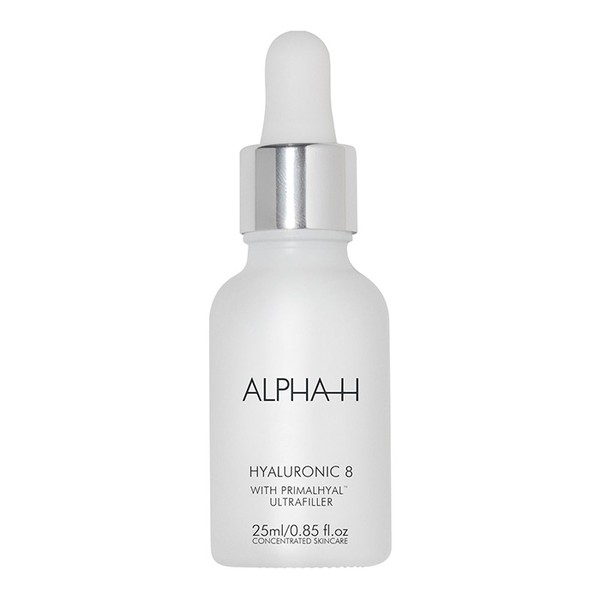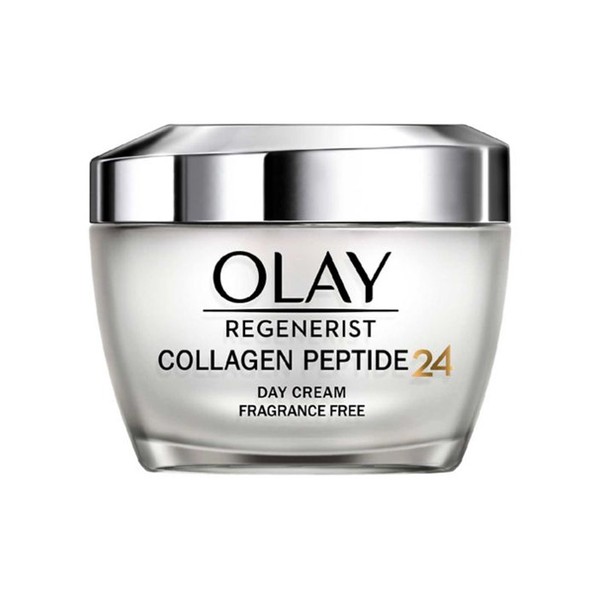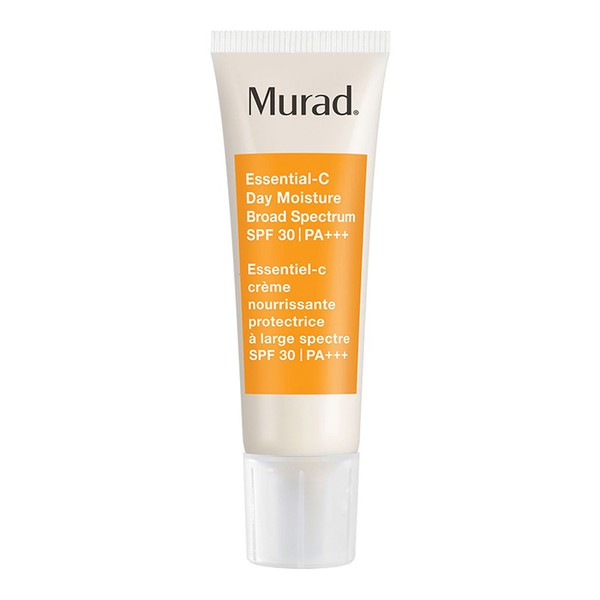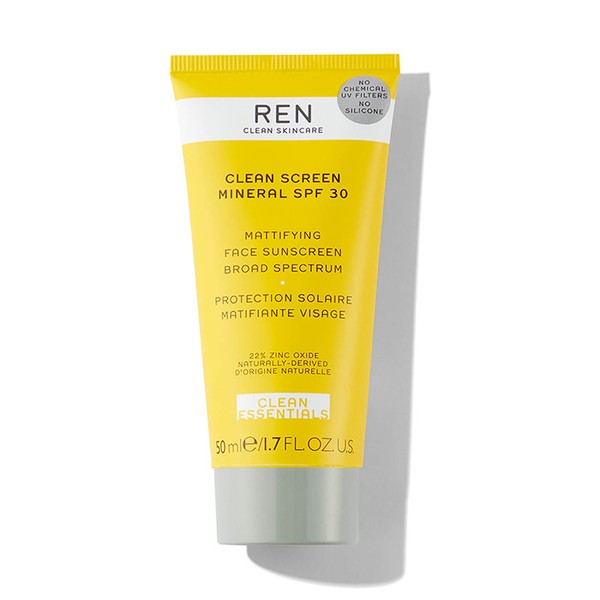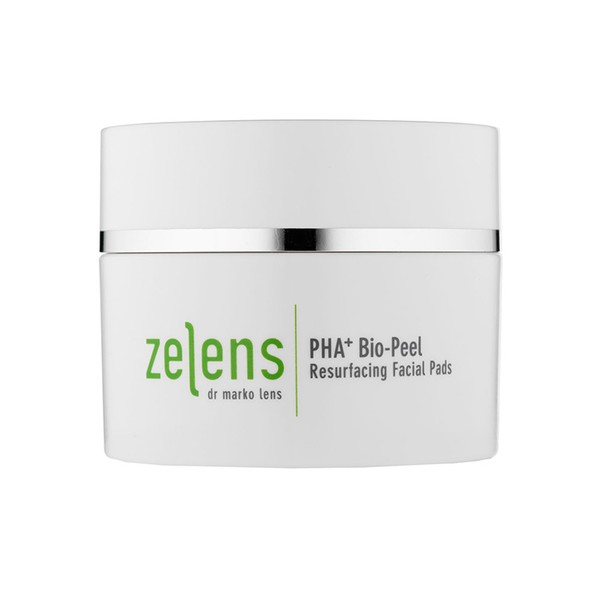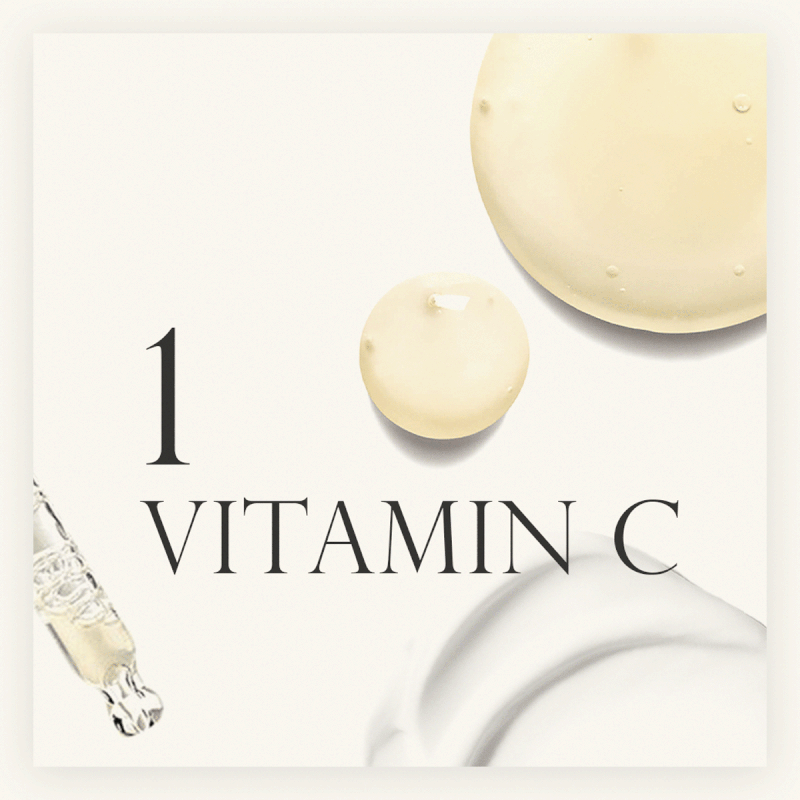
The 7 Anti-Ageing Ingredients Proven To Work
Vitamin C
What It Is: An antioxidant which protects against daily aggressors – UV, pollution and smoking.
How It Works: “Vitamin C has a well-established role as an antioxidant,” advises consultant dermatologist Dr Justine Kluk, “It works to neutralise skin-damaging free radicals which can occur from ultraviolet light, pollution and smoking. A co-factor for building new collagen within the skin, vitamin C is also believed to decrease the production of ‘enzyme matrix metalloproteinase’ which leads to a breakdown of elasticity and collagen. When applied topically, studies have demonstrated reduced wrinkles, smoother skin and increased collagen. You’ll find dullness is also kept at bay with regular use.”
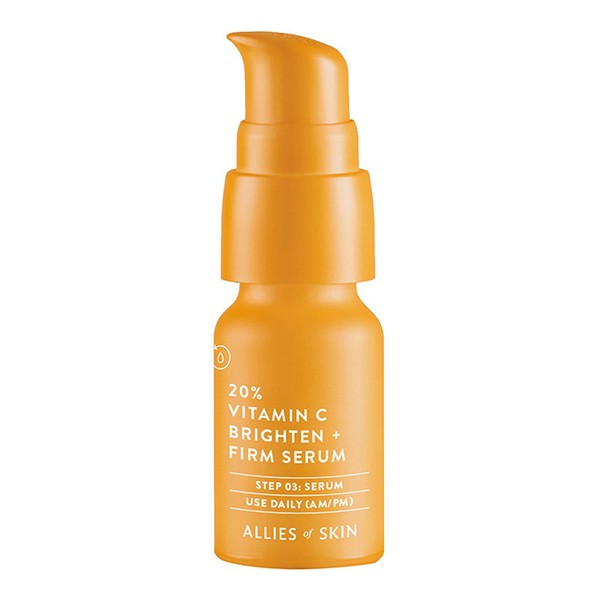
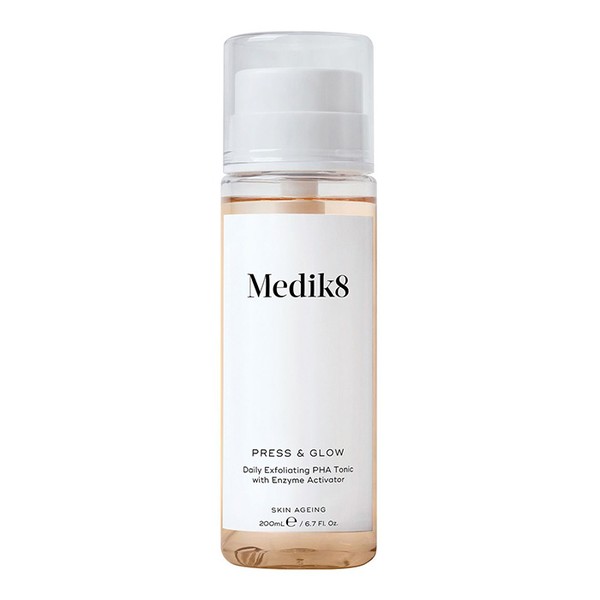
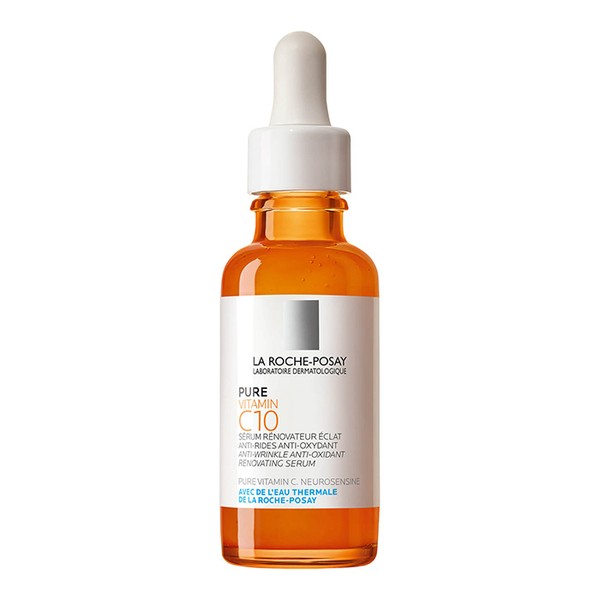
Hyaluronic Acid
What It Is: Produced by our bodies naturally, it hydrates and plumps for fresher, healthier-looking skin.
How It Works: “Hyaluronic acid can also be found on an ingredients list as ‘hyaluronan,’” says Nina Prisk, an aesthetic and cosmetic Nurse. “It’s a clear substance that’s produced naturally by your body – largely in your skin, connective tissue and eyes. Unfortunately, as we get older, levels tend to deplete which can lead to dullness and loss of elasticity, along with fine lines and wrinkles appearing – notably on your face, neck and hands. It’s essential to use it in your regime as it retains water in the skin, keeping your skin tissue lubricated which, in turn, reduces the visibility of fine lines and wrinkles. It has a plumping effect that fills and smooths. Remember your skin is an organ, it needs to be protected and hydrated regularly, which is why this ingredient is so key. Use hyaluronic acid post-cleanse and after you’ve applied any antioxidant serums in the morning, then follow-up with an SPF. Don’t forget to apply a little to your lips, too.”
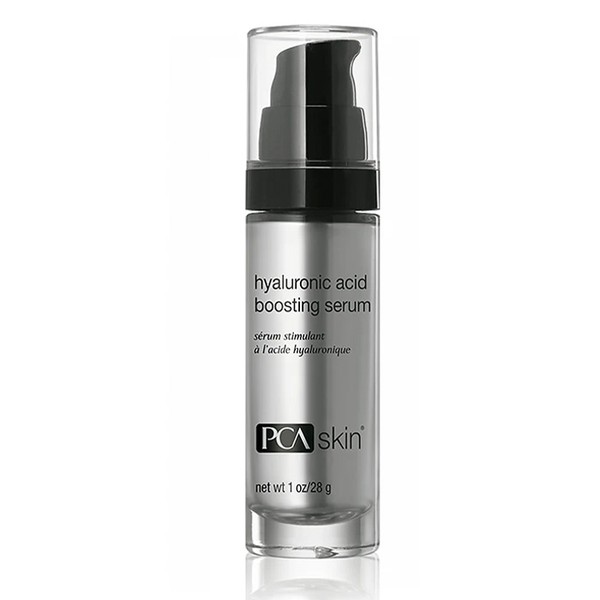
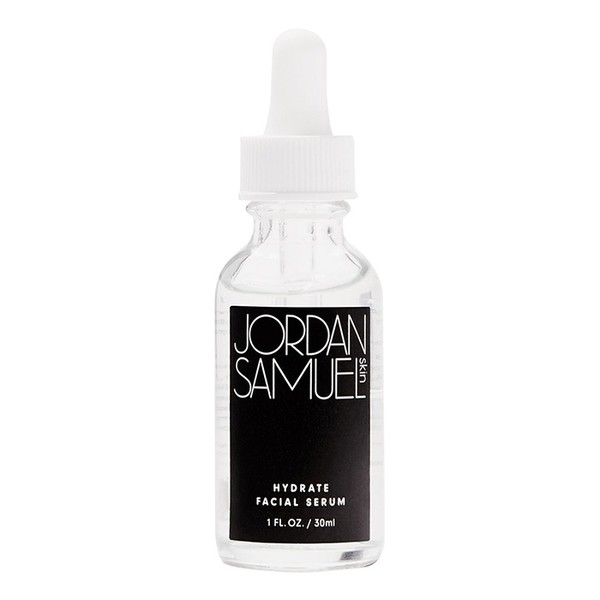
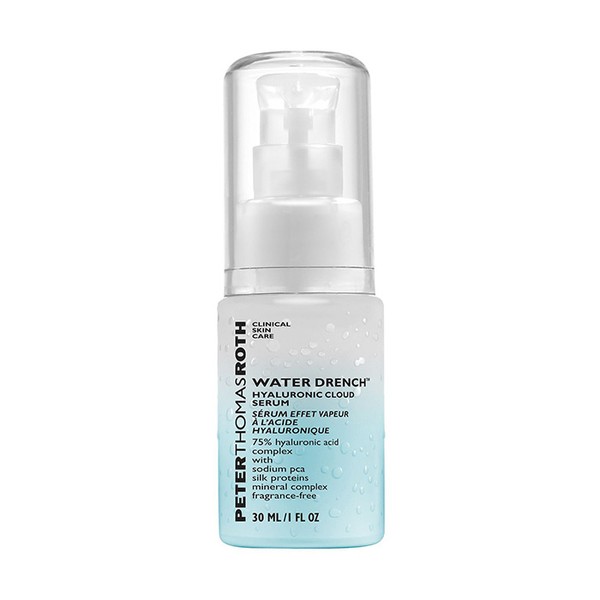
Retinol
What It Is: Deemed the ‘gold-standard’ of anti-ageing ingredients, it’s also known as vitamin A, and works to boost cell turnover for smoother skin.
How It Works: “When it comes to anti-ageing ingredients, retinol really is up there as the best, second only to SPF,” adds Justine. “It increases new collagen production and reduces breakdown of existing elasticity. It also has an impressive track record for improving mottled pigmentation, making it an excellent choice for anyone who wants to treat wrinkles, reduce skin sagging and fade dark spots. However, it is quite strong, so it’s key you begin with a very low percentage – start with 0.3% and build up – and always keep skin hydrated with use as it can be quite drying. Follow up with SPF, too, as retinol can make you more susceptible to sun damage. If you find you really can’t get on board with it, or your skin is too sensitised, bakuchiol is a brilliant plant-based alternative that yields similar results.”
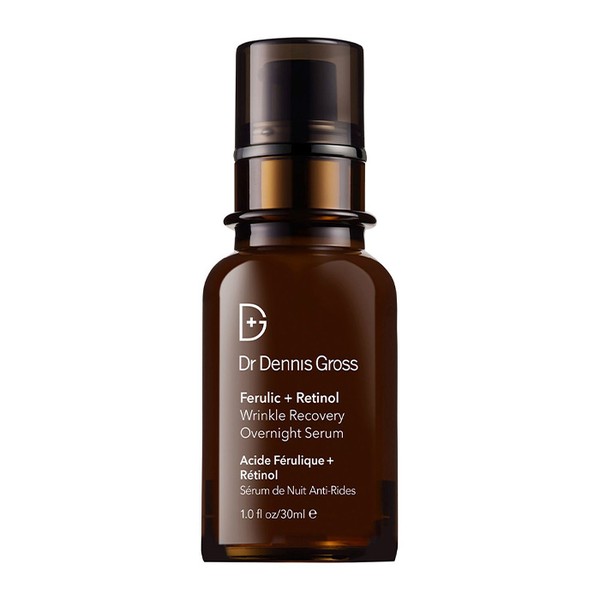
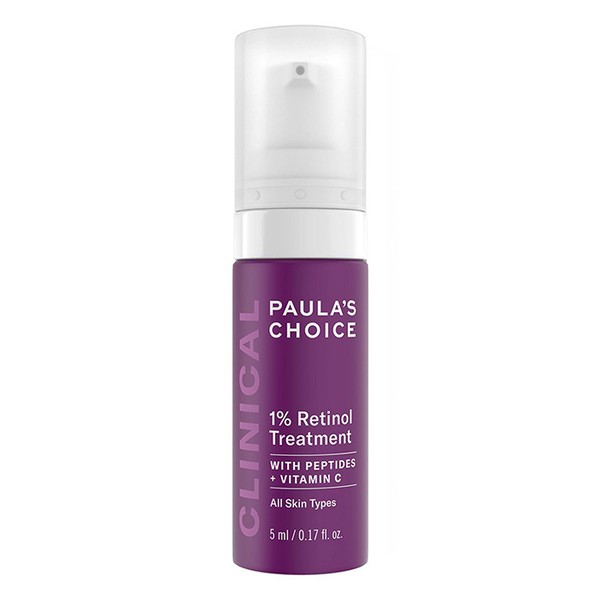
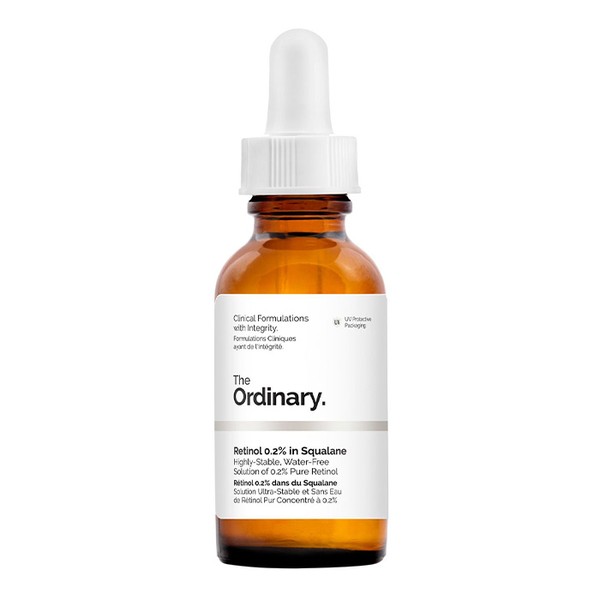
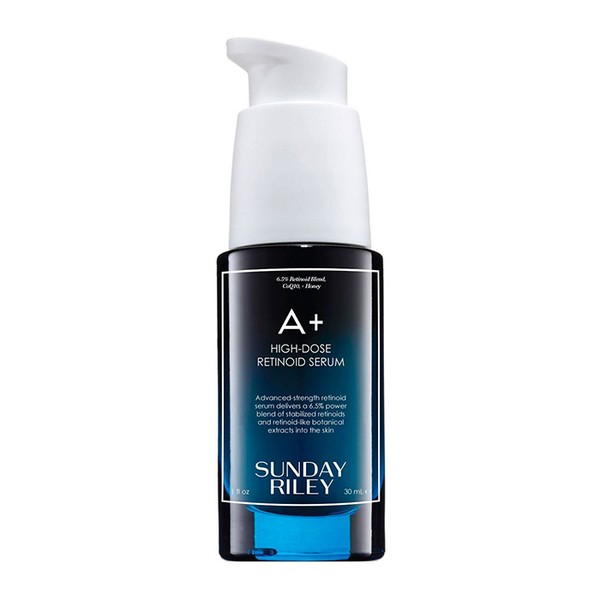
Niacinamide
What It Is: Niacinamide is also known as vitamin B3, and is a key ingredient for oily-prone skin, but also those who suffer with inflammation.
How It Works: “Niacinamide not only normalises your skin’s oil production to keep pores clear and breakouts in check, but it also regulates pigment-making cells to fade dark spots,” says Lizzie Shaw, skin expert and brand manager at PCA Skin. “It soothes redness with its anti-inflammatory properties, protects from free-radical damage and boosts your skin’s hydration levels. It’s brilliant for treating age-related skin changes, acne and discolouration, and you’ll find it also brightens the skin after just a few days’ use. There are a host of serums available that contain the ingredient, but it’s important to find one that contains a high dose – at least 4%. A brilliant all-rounder, and it’s incredibly gentle, too.”
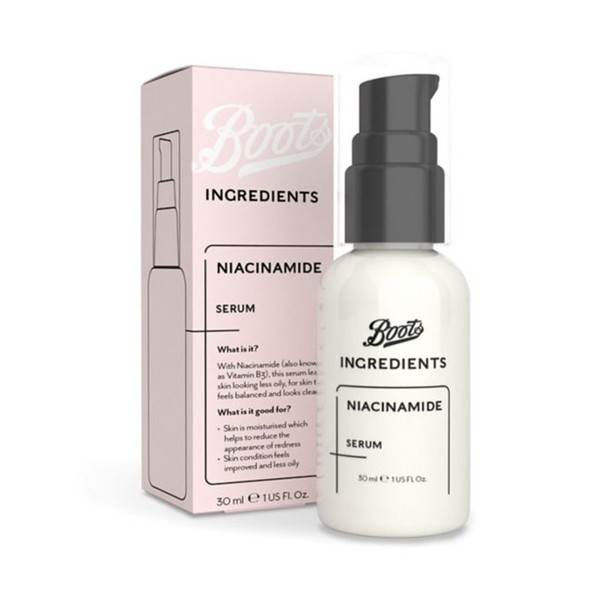
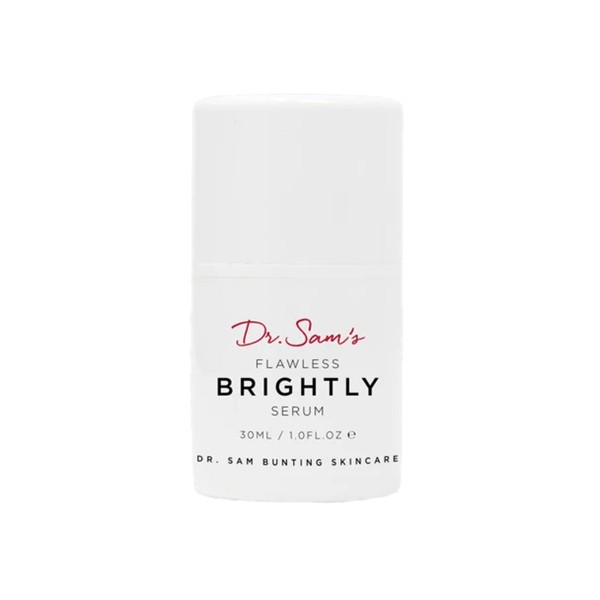
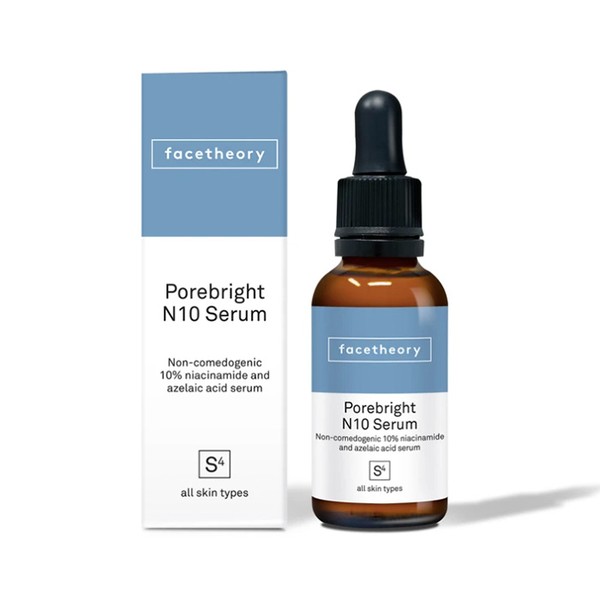
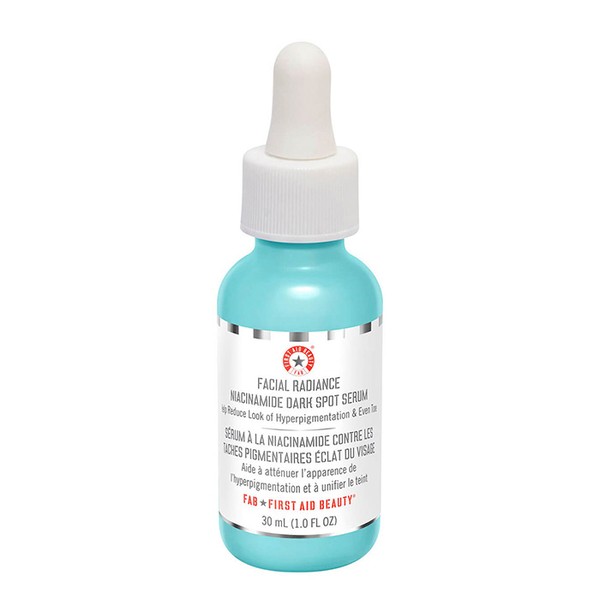
Peptides
What They Are: Peptides are a short chain of amino acids which are building blocks of proteins, like collagen, elastin and keratin. Think of them as the foundation to your skin’s resilience and strength.
How They Work: “If your skin is dry, or you can’t tolerate retinol well, peptides are another great alternative,” adds Justine. “These protein fragments are made up of a combination of different amino acid building blocks. Put simply, this means they act as messenger molecules in the skin, promoting healing, enhancing hydration and stimulating new collagen production. They are used in skincare to help reinforce collagen, while smoothing wrinkles and repairing barrier function. You’ll also find they increase firmness and hydration over time. While they work well, it’s worth seeking them out in products that contain other ingredients on this list, like antioxidant-boosting vitamin C for well-rounded results.”
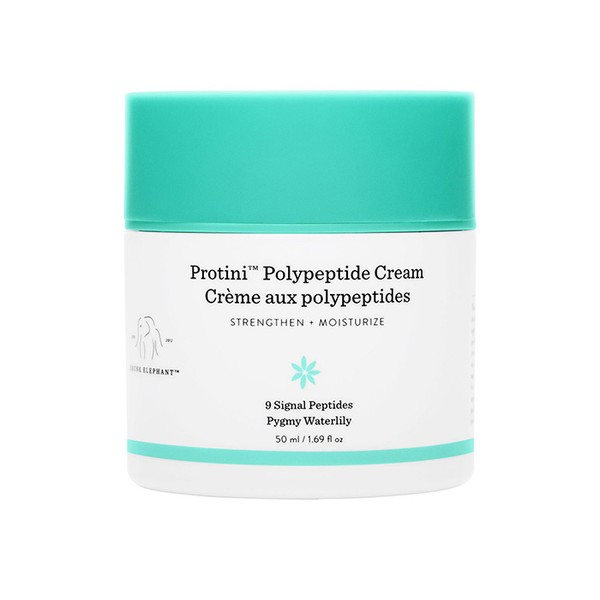
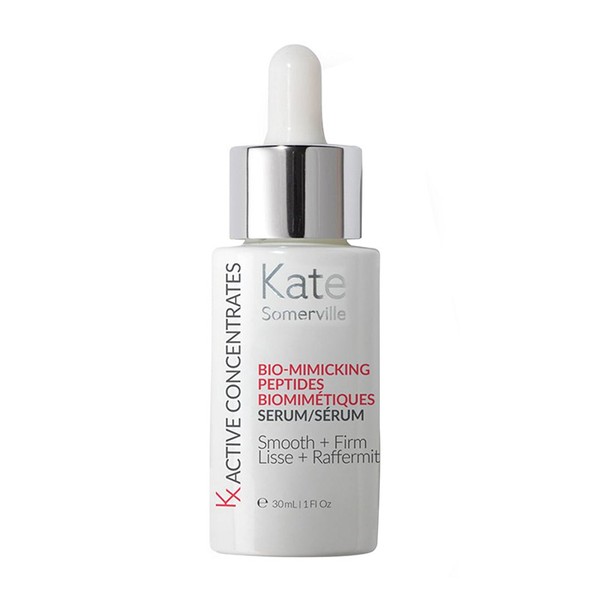
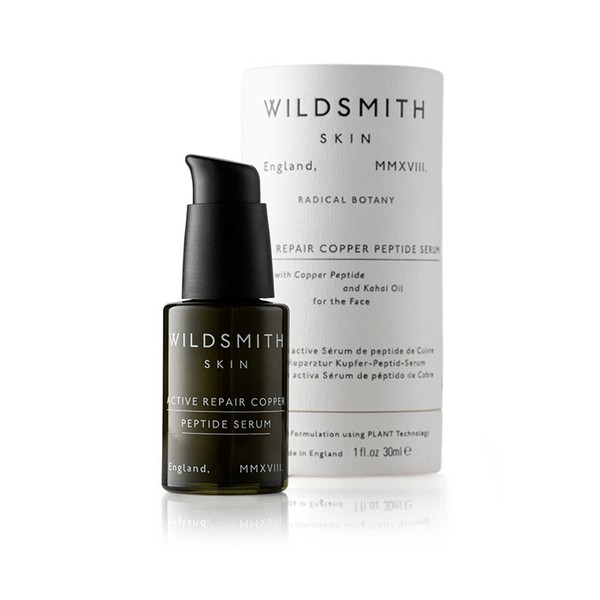
Broad-Spectrum SPF
What It Is: Broad-spectrum SPF is a term that’s used to describe an SPF which protects against both UVA and UVB. Put simply, this is the most well-rounded form of protection and keeps you covered from all forms of harmful UV light, rather than just sunscreen.
How It Works: “This is an obvious one to put on the list, but broad-spectrum SPF remains the first and best line of defence against premature ageing,” says skincare expert and cosmetic doctor Dr Rekha Tailor. “They are designed to protect your skin in the sun, filtering out harmful ultraviolet radiation. You want to be wearing a ‘broad-spectrum’ formula every single day, regardless of the weather. In fact, research has shown that ‘HEV’ light – from your digital device screens – can have a huge impact on skin ageing and induce hyperpigmentation, causing conditions such as age spots and sunspots.”
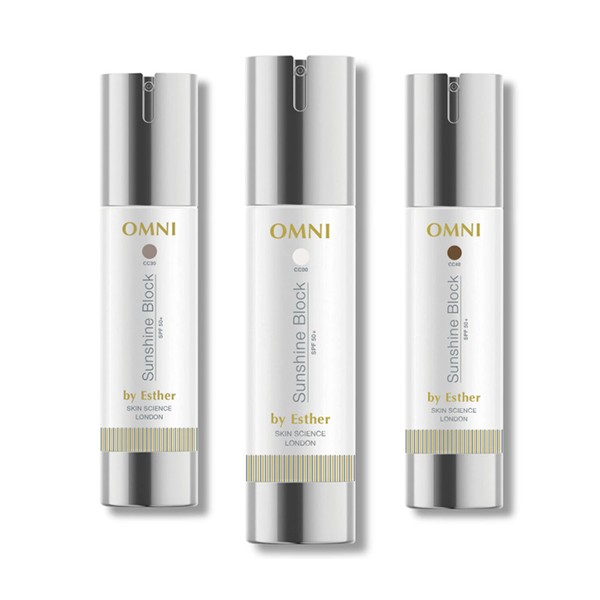
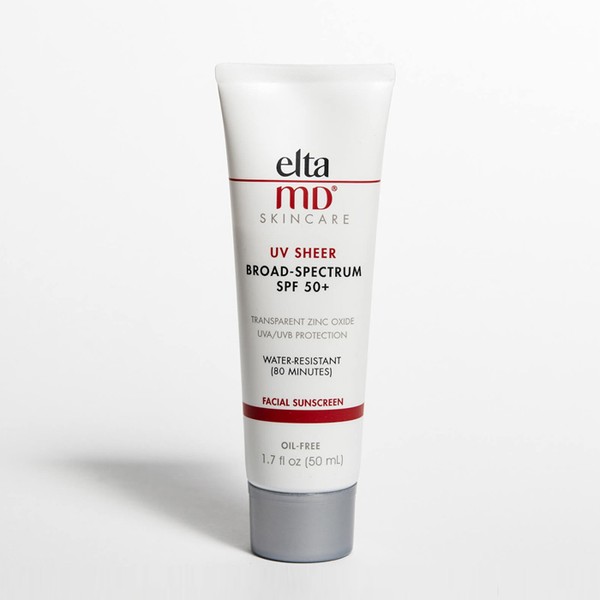
PHAs (Poly Hydroxyacids)
What They Are: PHAs are chemical exfoliants and are often considered the gentler sister of AHAs. They exfoliate dead skin cells, while penetrating deeper into the skin.
How They Work: “PHAs have a larger molecular structure than AHAs like glycolic or lactic acid,” advises Justine. “This means they penetrate the skin at a much slower pace, with gentler results to boot. They work gradually to exfoliate the skin and break down dead cells and anything that’s dirty or clogged up on the surface of your complexion. The result is a much brighter and more refined appearance. These mild acids are well suited to sensitive and/or dry skin as they gently smooth while increasing moisture levels, too. Ideal for those wanting to stimulate collagen and elastin, while fading brown spots, too.”
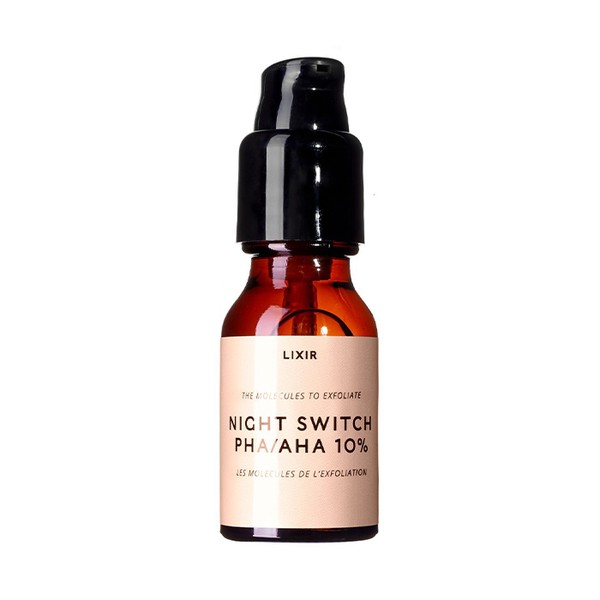
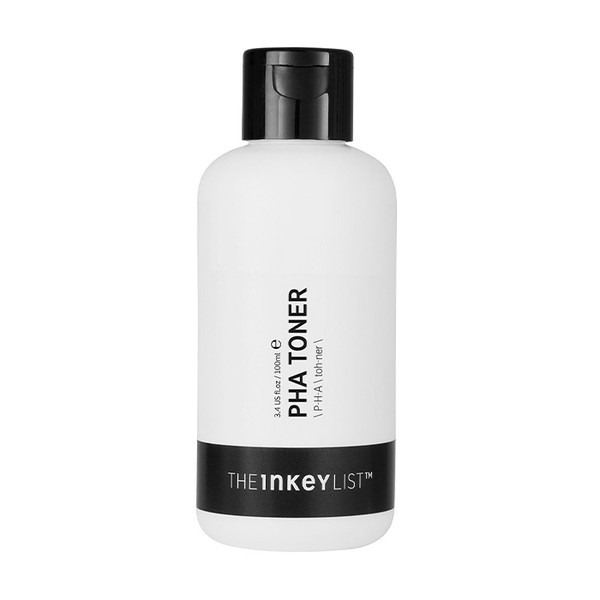
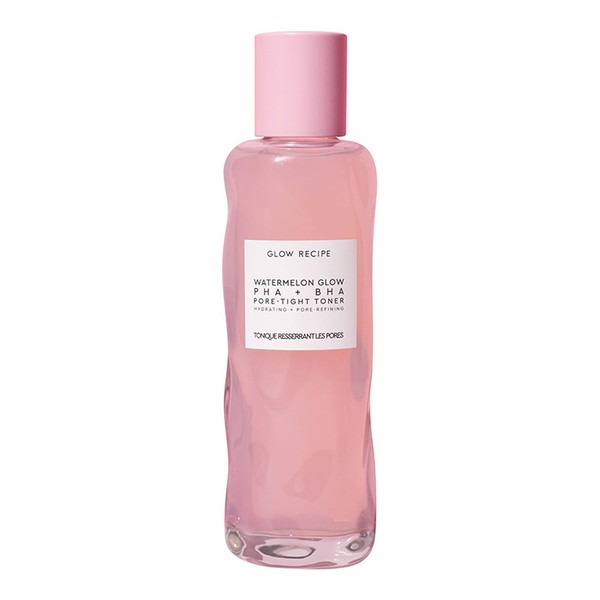
DISCLAIMER: We endeavour to always credit the correct original source of every image we use. If you think a credit may be incorrect, please contact us at info@sheerluxe.com.
